APS Editorial Fellows to Help Build a Pipeline of Diverse Editors
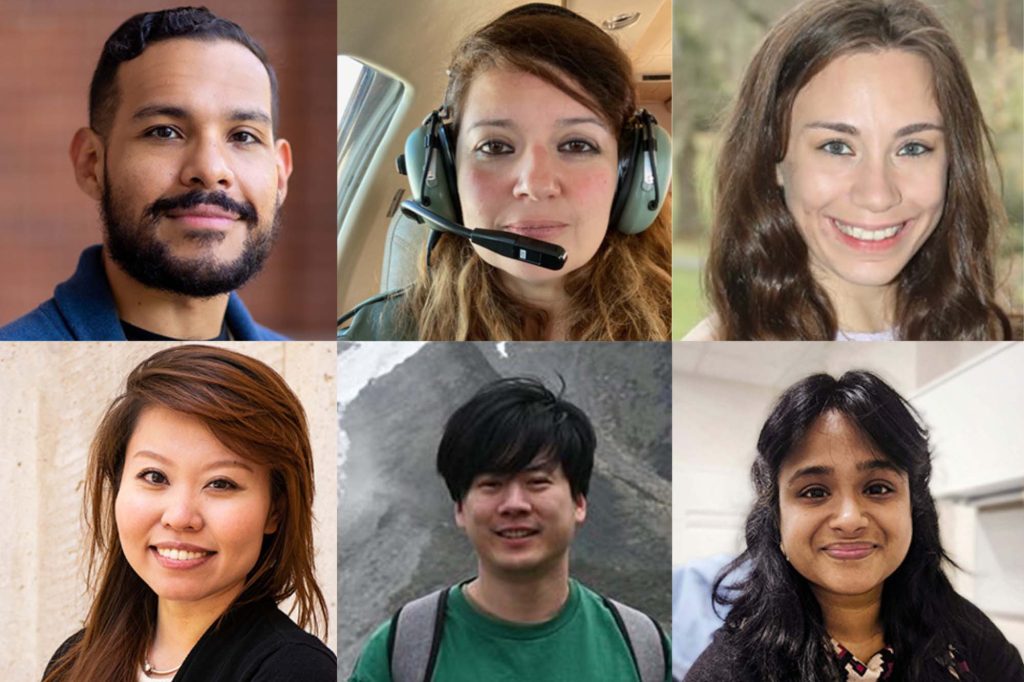
Editorial Fellows, clockwise from top left: Ivan Carbajal, Leyla Loued-Khenissi, Chelsea Boccagno, Aishwarya Rajesh, Kongmeng Liew, Dieu Truong.
Six psychological scientists representing different cultures and nationalities have been named inaugural APS Editorial Fellows.
APS launched the Fellows program to help scientists develop their skills as editors, with a goal of creating and sustaining a pipeline of diverse and representative journal editors. Two Fellows are assigned to each of three APS journals: Psychological Science, Clinical Psychological Science, and Advances in Methods and Practices in Psychological Science (AMPPS). Each Fellow is paired with an editor mentor at the journal who is available for consultation and discussion regarding any of the editorial tasks for the manuscripts assigned to the Fellow.
“Our first cohort is up and running, and we received many outstanding applications,” said AMPPS Editor David A. Sbarra. “I believe this reflects a large desire across the field for people to gain a deeper understanding of the editorial process and journal workflows.”
Fellows will complete all the editorial tasks typically required of an Associate Editor, including completing initial evaluations of submitted manuscripts, selecting and inviting reviewers to evaluate the manuscripts, synthesizing reviews, and writing decision letters. They each will receive a stipend for their year-long fellowship.
Meet the first Editorial Fellows.
Psychological Science
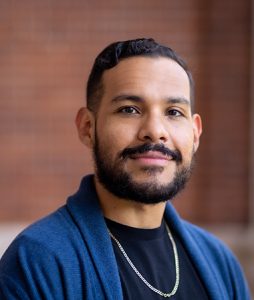
Ivan Carbajal
Oregon State University
Carbajal’s research interests focus on the impact of bilingualism and biculturalism on executive functioning among Latinx individuals. He is focused on developing a range of methodological and culturally sensitive research approaches involving understudied populations. His work has already identified and begun to address critical gaps in research involving bilingual Latinx individuals. Carbajal has served as a reviewer for several journals covering clinical and counseling psychology, teaching and learning, and social issues.
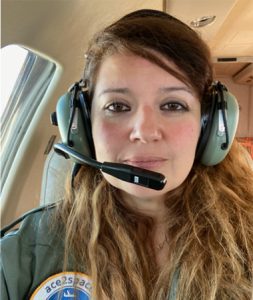
Leyla Loued-Khenissi
Lausanne University Hospital
Loued-Khenissi is a cognitive neuroscientist focusing on predictive coding models in brain and behavior. Her expertise includes neuroimaging design, computational models, and statistical methods. She has lived in many countries representing a range of cultural practices and national income levels. Her experience living in some of the world’s most economically deprived countries drives her advocacy for inclusive research. Loued-Khenissi has served as a reviewer for journals in neuroscience, biology, and psychology.
Clinical Psychological Science
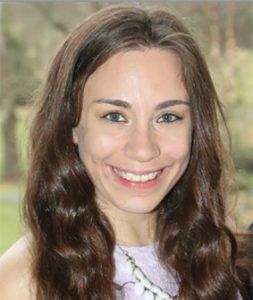
Chelsea Boccagno
Harvard T. H. Chan School of Public Health
Massachusetts General Hospital
As a first-generation college graduate from the Bronx, New York, Boccagno says she believes intersectional identities are overlooked in clinical science. She says she hopes her diverse research background across different fields (e.g., clinical science, epidemiology, social neuroscience) will help her strengthen her ability to evaluate research, select suitable reviewers, and write decision letters synthesizing unique perspectives. Boccagno uses causal inference methods on observational, ecological momentary assessment, and randomized control trial data sets to identify the most effective treatment strategies for suicide prevention. She also conducts behavioral studies and leverages social media data to examine how sense of self influences the ability to regulate emotions in clinical populations. She has served as an ad-hoc reviewer for several journals.
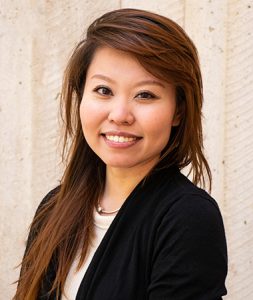
Dieu Truong
Sam Houston State University
Truong’s research centers on intellectual and developmental disabilities, particularly autism and attention-deficit/hyperactivity disorder. She studies healthcare disparities in the autism community and how those disparities intersect with identities such as race, ethnicity, gender, and socioeconomic status. An immigrant from Vietnam, Truong’s work also extends to developing and evaluating culturally and linguistically appropriate measures for Southeast Asian families with autistic members. In academic publishing, she has experience in manuscript review and coordination, subscriber relations, and database maintenance.
Advances in Methods and Practices in Psychological Science (AMPPS)
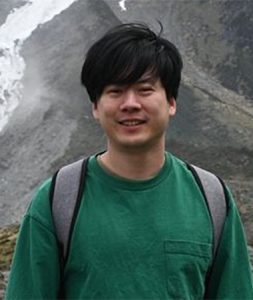
Kongmeng Liew
University of Canterbury
Liew applies computational methods to the study of culture and human psychology and has conducted his research within the Asia-Pacific region. He says he looks forward to bringing more geographic diversity to the AMPPS editorial team. Liew mines social media data, video-game statistics, streaming services, and other data sources and utilizes machine-learning approaches. He uses these methods to understand how and why cultures differ from each other and how mental health is expressed in online environments. Liew has reviewed for psychology and computational journals as well as workshops and conferences.
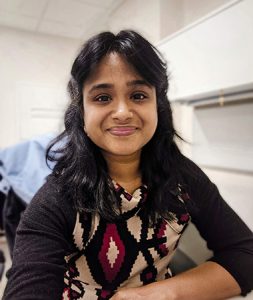
Aishwarya Rajesh
Washington University in St. Louis
Rajesh studies the intersection of stress, mood, and brain injury, with the aim of fostering treatment protocols and intervention models that reduce the risk of clinical psychological disorders. Her research aims to identify individual differences in brain morphology and their association with cognitive abilities and co-occurring biopsychosocial symptoms in traumatic brain injury. As a statistical consultant, Rajesh has mentored students and trainees of various minoritized identities and career stages, which she says has helped her communicate statistical language in approachable and empowering ways.
Feedback on this article? Email [email protected] or login to comment.




APS regularly opens certain online articles for discussion on our website. Effective February 2021, you must be a logged-in APS member to post comments. By posting a comment, you agree to our Community Guidelines and the display of your profile information, including your name and affiliation. Any opinions, findings, conclusions, or recommendations present in article comments are those of the writers and do not necessarily reflect the views of APS or the article’s author. For more information, please see our Community Guidelines.
Please login with your APS account to comment.